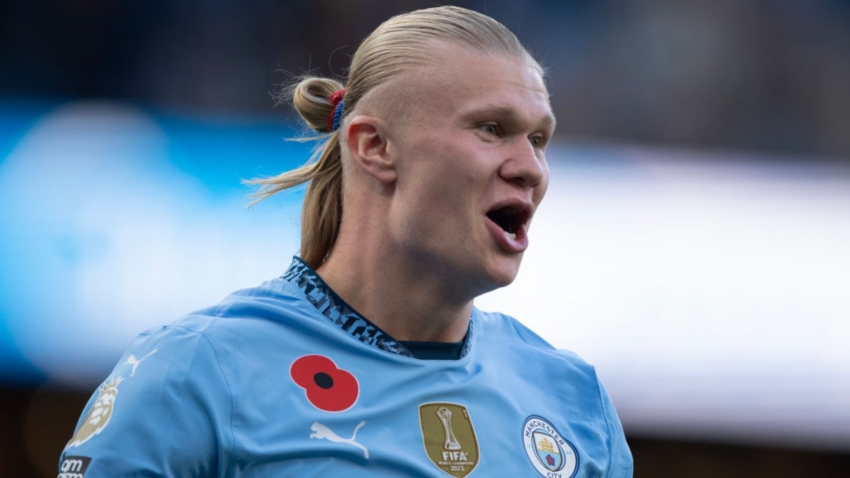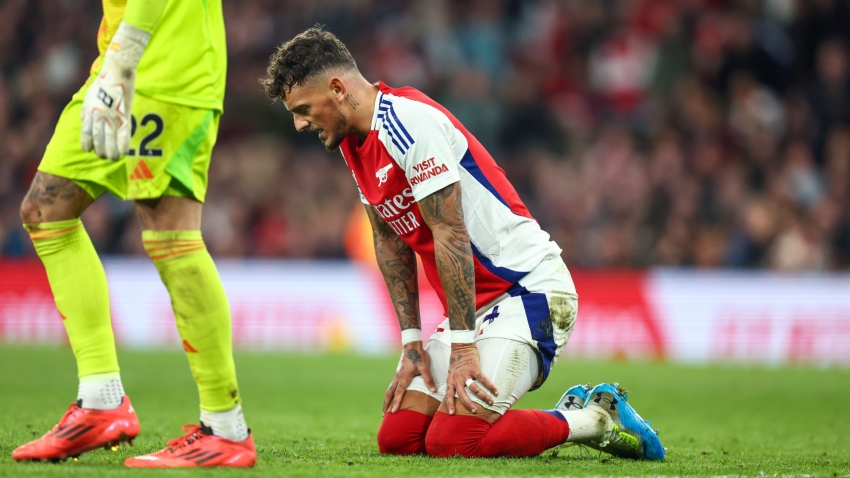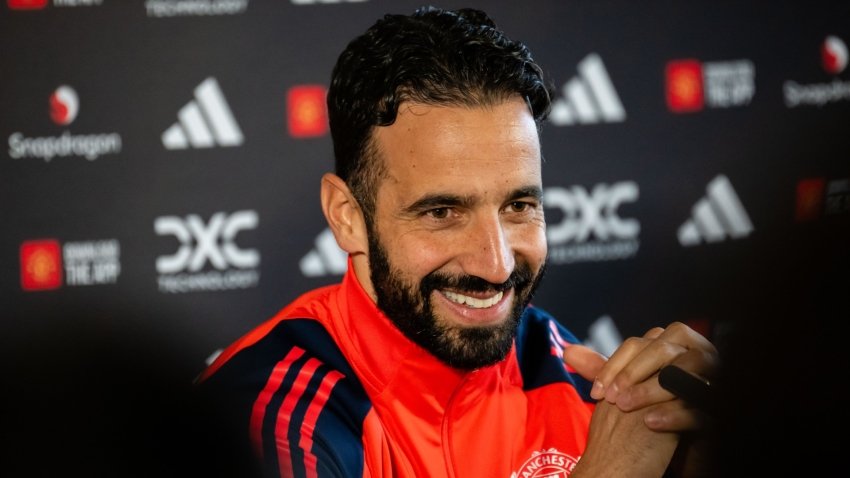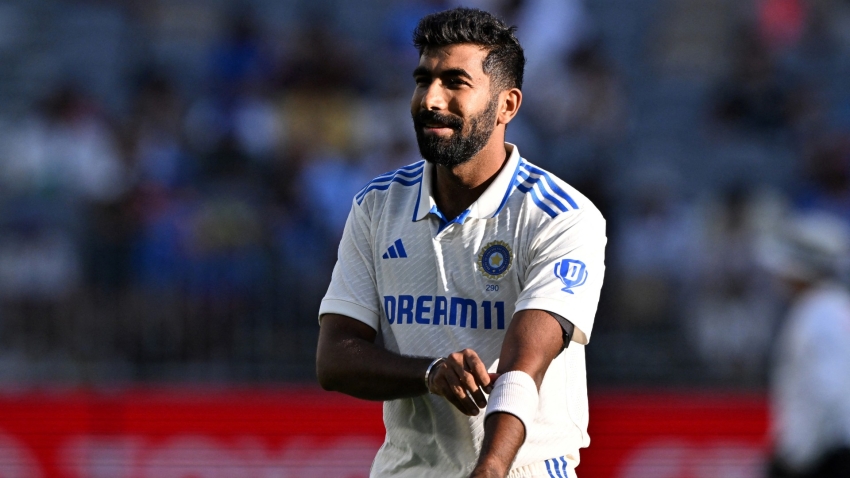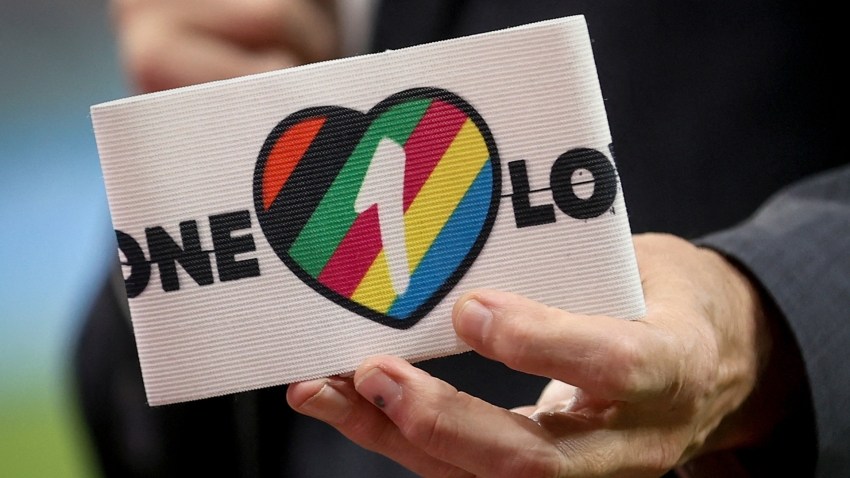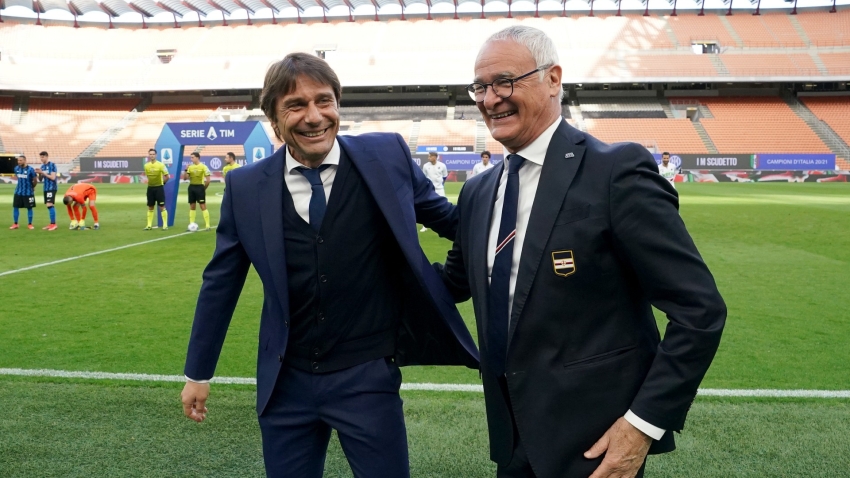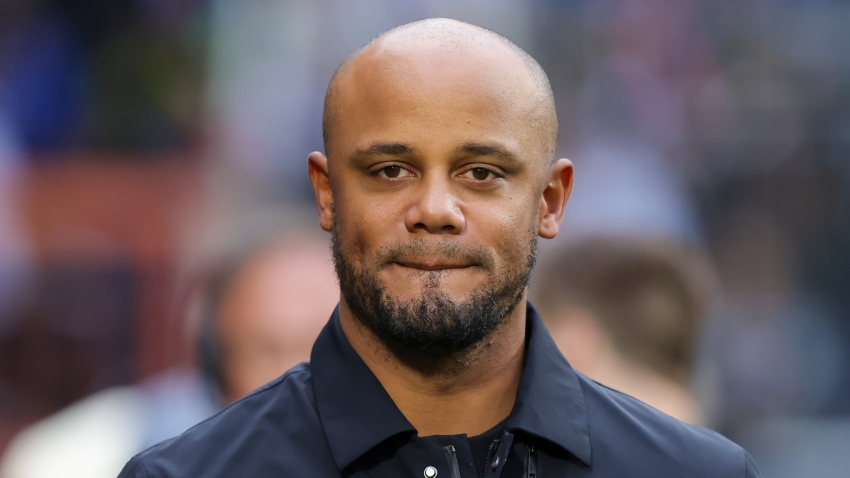FIFA president Gianni Infantino committed to avoiding conflict over OneLove armbands at the Women's World Cup, promising to "have a position in place well before" the tournament begins.
A number of national teams at the Qatar 2022 men's World Cup, including Denmark, England and Germany, were planning to support the campaign that promotes inclusivity and opposes all discrimination.
Their captains were intending to wear an armband bearing the OneLove logo, but the teams backed down when FIFA threatened sporting sanctions – expected to be a yellow card for the captains.
The decision to host the World Cup in Qatar attracted criticism due to the country's stance on same-sex relationships, as well as the treatment of migrant workers.
Australia and New Zealand will co-host the women's tournament in July and August of this year, and senior figures from both countries have questioned what they believe is FIFA's intention to have the Visit Saudi tourism authority as a tournament sponsor.
Like Qatar, Saudi Arabia's position on rights for women and LGBTQ+ people has also been called into question by human rights groups. Both countries have been accused by critics of 'sportswashing', the attempt to bolster their international reputations by becoming closely involved with sport at the highest level.
Infantino was asked about the OneLove armbands on Saturday, following a meeting of football law-makers the International Football Association Board (IFAB).
He said: "What I can say on this issue is I think we all went through a learning process there [at the Qatar World Cup].
"What we will try to do better this time is to search and look for dialogue with everyone involved – the captains, the federations, the players generally, FIFA – from all over the world to capture the different sensitivities, to explain, to exchange, and to see what can be done in order to express a position, a value or a feeling that somebody has without hurting anyone else.
"In a positive way, we are looking for a dialogue and we will have a position in place well before the Women's World Cup, I hope so."
Human rights group Amnesty International was among the bodies that poured scorn on FIFA's position in Qatar.
Infantino was also asked about FIFA's progress on reviewing its transgender eligibility policy.
The world governing body said last year it was looking again at its rules and receiving help from experts in the matter, which has been a matter of great contention across sport.
It remains to be seen whether players who identify as female but were born male will be allowed to play at the Women's World Cup.
Infantino said: "There is no update yet, but also there we want to be as clear as possible as soon as possible, not to leave it until the end. On all these topics we need to learn our lesson and be a bit faster."









